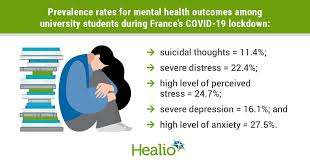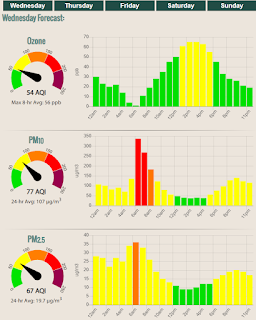Spring 2022 Post 5
This narrative review reflected on scholarly articles on the epidemiology of mental health problems in COVID-19. The current literature suggests that people affected by COVID-19 may have a high burden of mental health problems, including depression, anxiety disorders, stress, panic attack, irrational anger, impulsivity, somatization disorder, sleep disorders, emotional disturbance, posttraumatic stress symptoms, and suicidal behavior. Moreover, several factors associated with mental health problems in COVID-19 are found, which include age, gender, marital status, education, occupation, income, place of living, close contact with people with COVID-19, comorbid physical and mental health problems, exposure to COVID-19 related news and social media, coping styles, stigma, psychosocial support, health communication, confidence in health services, personal protective measures, risk of contracting COVID-19, and perceived likelihood of survival. Furthermore, the epidemiological distribution of mental health problems and associated factors were heterogeneous among the general public, COVID-19 patients, and healthcare providers.
https://www.ncbi.nlm.nih.gov/pmc/articles/PMC7549174/




Comments
Post a Comment